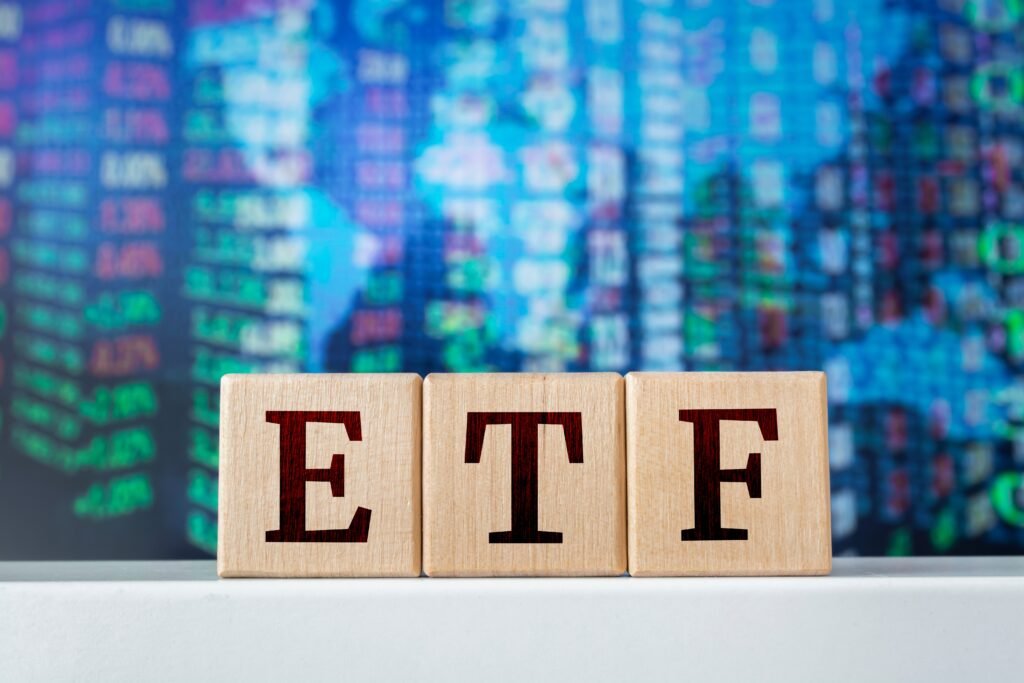TLDR;
- The SEC has started reviewing Canary Capital’s TRON spot ETF, which includes staking functionality
- Staking features in ETFs remain a regulatory challenge due to concerns over investor risks, tax complexities, and settlement processes.
- Canary Capital is also pursuing ETFs for other altcoins like XRP, Sui, Hedera, and Litecoin
- Cardano’s ETF proposal is already under SEC review, while the Shiba Inu community awaits any formal ETF filings amid growing market enthusiasm.
The U.S. Securities and Exchange Commission (SEC) has initiated a formal review of Canary Capital’s proposed TRON (TRX) spot ETF, which features staking capabilities,a move that marks another pivotal moment in the expanding crypto ETF landscape.
Tron’s Staking Feature Under SEC ‘s Scrutiny
Filed on Thursday through the Chicago Board Options Exchange (CBOE), the application seeks to offer investors direct exposure to TRON with the added benefit of staking rewards. BitGo is listed as the product’s custodian.
This filing comes even as the SEC is inundated with a surge of altcoin ETF proposals, reflecting a broader shift in investor appetite beyond Bitcoin and Ethereum. With more than 70 crypto ETF applications currently under review, the regulator is navigating increasingly complex questions about custody, staking, and market manipulation risks in the digital asset space.
Canary Capital, known for its aggressive push into altcoin ETFs, has also filed for spot ETFs tied to Sui, Hedera, and Litecoin. The firm’s decision to include staking in its TRON ETF has sparked renewed debate about the regulatory status of proof-of-stake tokens and the SEC’s long-standing concerns over whether staking constitutes a form of yield-bearing security.
SEC Eyes Altcoin ETF Landscape Cautiously
The TRON ETF review coincides with the SEC’s delays in reviewing multiple other ETF proposals. On May 22, the commission postponed decisions on Bitwise’s and CoinShares’ XRP ETFs, a Litecoin ETF proposal, and Fidelity’s in-kind redemption Bitcoin ETF. These delays are consistent with the SEC’s cautious approach, although Bloomberg ETF analyst James Seyffart suggests that approvals may begin rolling out as early as late June or July, especially if the regulator decides to break from its usual deferral strategy.
As expected, more delays on crypto ETFs dropped today. Delays include @BitwiseInvest & @CoinSharesCo XRP ETFs. Delay on Litecoin ETF Filing. Delay on @Fidelity's In-kind Bitcoin filing.
On the more positive side: SEC acknowledged @CanaryFunds's staked TRX filing https://t.co/bqXHT5MAnS pic.twitter.com/LzrxfFZK2J
— James Seyffart (@JSeyff) May 22, 2025
Despite the hurdles, analysts remain optimistic. Last month, Seyffart and fellow Bloomberg analyst Eric Balchunas estimated a 90% probability of approval for a Litecoin ETF, with Dogecoin following at 75%. Solana and XRP were pegged at 70% and 65%, respectively, figures that highlight how altcoin ETFs are moving closer to mainstream adoption.
Market Momentum: From Cardano to Shiba Inu
Beyond TRON, other altcoins are riding the ETF wave. Cardano (ADA), known for its scientific approach to blockchain design, has already taken a significant step toward ETF approval. On February 10, 2025, NYSE Arca submitted a proposal to the U.S. Securities and Exchange Commission (SEC) on behalf of Grayscale Investments to list and trade shares of the Grayscale Cardano Trust, a spot ETF designed to provide regulated exposure to ADA. The SEC acknowledged the filing in February, initiating a 240-day review period, with a final decision expected by August 2025.
Dogecoin (DOGE), the meme-turned-mainstream cryptocurrency, continues to see institutional interest due to its widespread adoption and community backing. Even Shiba Inu (SHIB), another meme coin with a loyal base, is drawing speculation. Although no ETF filings have emerged, the SHIB community, represented by market strategist LUCIE, is actively pushing for recognition, citing a market capitalization that has consistently hovered around the $15 billion mark.
